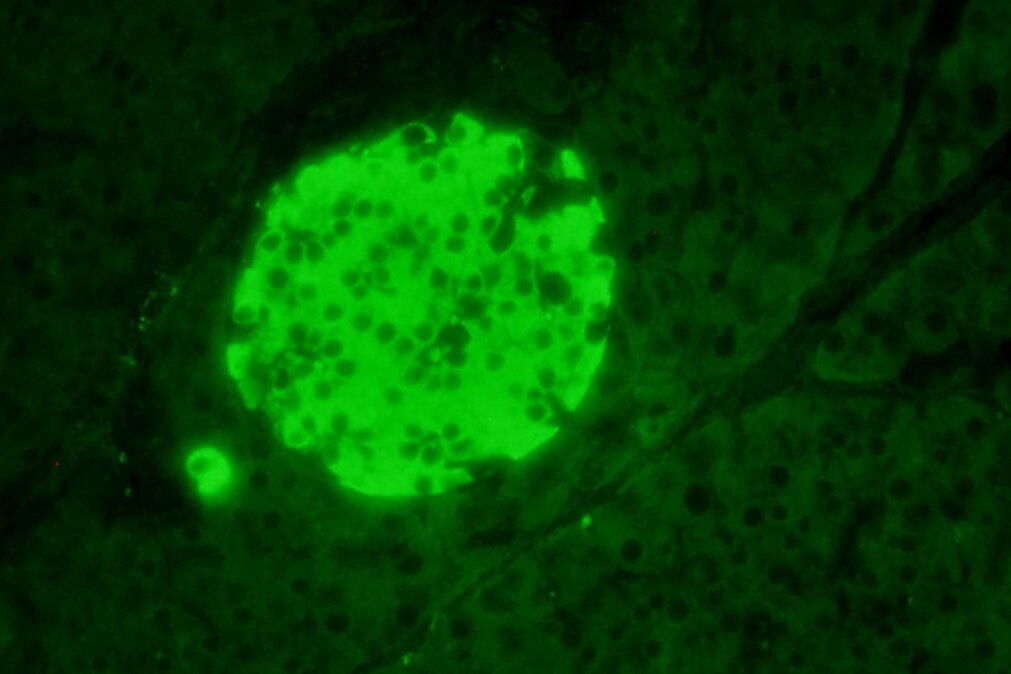
RESEARCH
The Beta Cell Aging Lab aims to understand the aging process, and senescence in particular, of insulin-secreting beta cells and how this process contributes to the development of Type 1 and Type 2 diabetes. This knowledge will lead to the identification of new pharmacological and non-pharmacological interventions that can be translated into the clinic and alter the course of the disease.
OUR RESEARCH LINES ON BETA CELL AGING
Molecular progression to senescence
Cellular senescence is one of the main mechanisms of beta-cell aging. This project will identify the different stages a beta-cell goes through as it becomes senescent, which of these stages are reversible and which are not, and how they can be targeted.
Determine the beta cell SASP
Senescent beta-cells secrete a unique SASP that impairs the function and proliferative capacity of neighboring non-senescent beta cells. We will generate a robust discovery platform to identify new members of the beta-cell SASP and understand their role on the function and proliferative capacity of neighboring cells.
Effective senotherapeutics
We have shown that deleting senescent beta cells (senolysis) improves their function and restores their identity. We want to identify effective beta-cell senolytic drugs and interventions, such as exercise, as a way to counteract the effect of accelerated cellular aging during the progression of diabetes.









